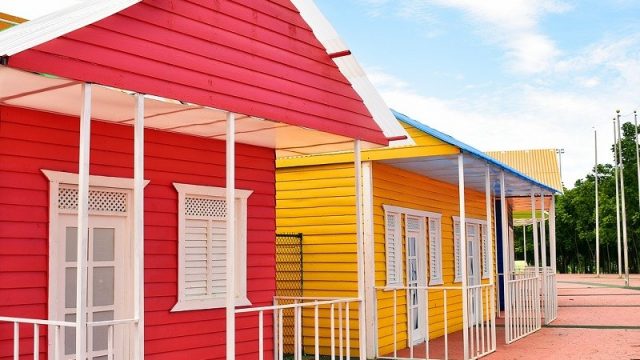What you need to know about mobile home investment trends and the unique challenges of such ventures in this prolonged economic cycle.
SEP/11/2019
By Alexandra Pacurar
BEYOND PROFITS
MHCs represent nearly 10 percent of all housing units in the country, translating into approximately 8.5 million homes, according to the Manufactured Housing Institute. Despite the attractive mobile home park investment trends, these ventures come with a set of challenges. One of the most significant seems to be the operational side of things.
The lack of skilled talent, while an issue across the industry, is particularly acute in this business. “There isn’t a deep bench of experienced professionals clamoring to travel the country and asset manage a sub-portfolio of mobile home parks. This is also true at the local level, where low unemployment rates make it challenging to find decent manager, maintenance and rehab personnel,” Johnson said.
In some cases, residents run day-to-day operations. In fact, in some states, residents managed to obtain the right of first refusal in case the mobile home park sells. This is a way for them to protect themselves against abusive rent increases following changes in ownership.
“The average MHC lot rent needs to meaningfully increase to prevent well located MH communities from converting to more profitable/higher density uses. However, those rents need to grow at reasonable rates. If not, regulators will step in with counter-productive rent controls that will curtail capital investments and force operators to convert to alternative uses,” the managing partner of Evergreen Capital concluded.


